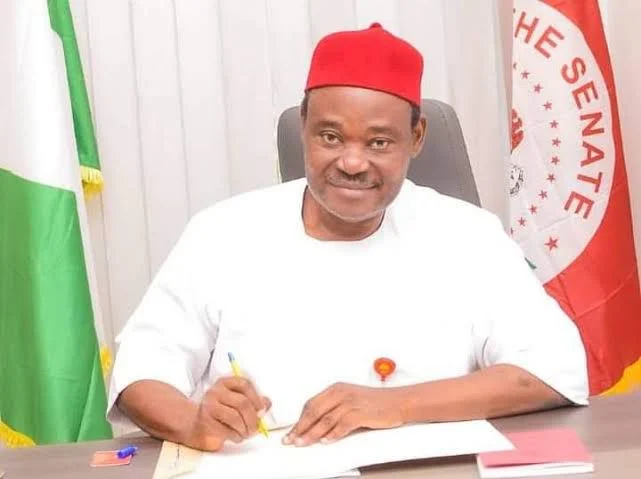Senator Jimoh Ibrahim, who represents Ondo South, has defended President Bola Tinubu by referring to budgetary limitations as a major reason for the delay in appointing ambassadors.
Tinubu oversaw the recall of all career and non-career ambassadors stationed in various nations in September 2023.
The president hasn’t appointed any new ambassadors since.
During an appearance on Prime Time, an Arise Television program, on Tuesday, Ibrahim expressed his confidence that the president would soon select ambassadors.
He went on to say that ambassadorial posts require finance and that when the current administration took office, Nigeria was facing serious financial challenges.
According to the lawmaker, Tinubu needs to set priorities because he is juggling many urgent matters.
“I’m sure the president will soon appoint ambassadors. Ambassadorial appointments require funding. Nigeria was in a financially dangerous lane when this government came in,” he said.
“There are lots of problems on the president’s table. He has to look at top priority, very important issues.
“And if you say the appointment of ambassadors is a top priority that must be solved now, when the embassies are not collapsing and they are still there, you need to get it right.
“So, you have to use money for other things that are of pressing need and save money to get the ambassadors. But that’s not a justification not to have the ambassadors because the ambassadors are very important appointments in the political system.”
Ibrahim explained that the recent visa problems with the US are a result of “deliberate provocative policies” in international politics.
The majority of non-immigrant and non-diplomatic visas granted to Nigerian residents now have shorter validity periods and access restrictions, according to a significant change in US visa policy announced last month.
The majority of the impacted visas will now only be valid for one entry with a three-month validity period, according to the US embassy in Nigeria.
The senator addressed the issue, stating that direct confrontations are not always the best course of action and that reciprocity is crucial in diplomatic relationships.
The senator stated that in order to resolve the issue, the ministry of foreign affairs need to communicate diplomatically with the United States.
“There are deliberate provocative policies that can trigger reactions when you don’t want to react to some issues in international politics. So, the issue is that the ministry of foreign affairs needs to write to the US to ask what is happening,” he said.
“You have to understand that we do things in a reciprocal way. You just don’t come up and say because the US said your visa is dropped to three months, you too will immediately confront the USA to say your visa is dropped to three months.
“What is happening is that as soon as the ambassadors are appointed, they will hold briefs with their foreign counterparts and resolve it.”



